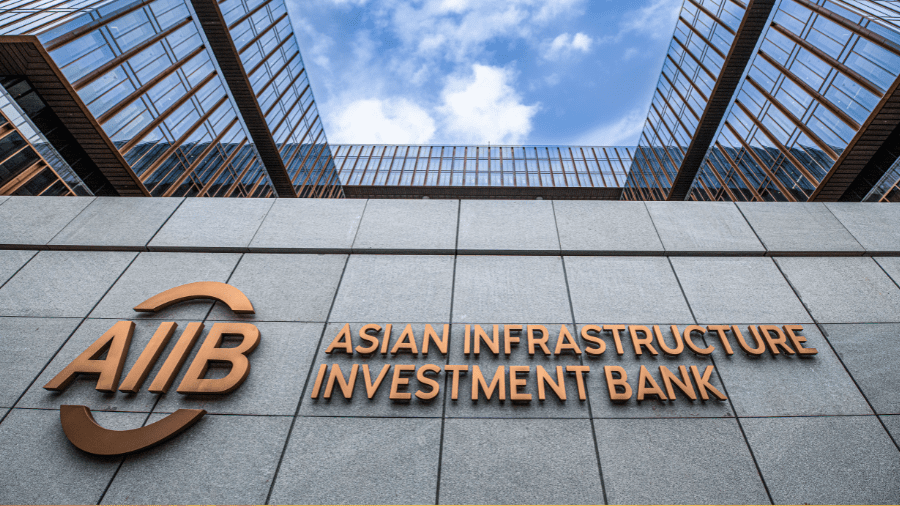This article originally appeared in the Globe and Mail.
By Jonathan B. Miller, June 27, 2023
As much as Canada’s announcement this month that it will halt activity with China’s Asian Infrastructure Investment Bank (AIIB) might have appeared out of the blue, the end result of this failed experiment was predictable.
The Liberal government had joined the multinational development bank in 2017 with a naive, economically myopic view of what the future of the China relationship could look like. At the time, Ottawa viewed Beijing as a long-desired option to diversify itself from its primary trading relationship with the United States. Prime Minister Justin Trudeau served up an even more short-sighted policy goal during his trip to Beijing later by pushing for public consultations on a free-trade agreement with China.
Both initiatives, along with broader hope that Canada could benefit from China’s economic growth without suffering the costs of its geostrategic coercion, were misplaced. At the time, Ottawa was convinced that spurning membership in the AIIB would endanger its interests as the economic centre of gravity was shifting toward Beijing.
This situation leaves Ottawa in a challenging position and it is time for a quick decision to withdraw Canada’s membership from the bank permanently. Suspending activities is a half-measure intended to buy time as Ottawa gauges the fallout.
It is true that the Indo-Pacific region is in deep need of infrastructure; the Asian Development Bank (ADB) notes the region will need approximately US$1.7-trillion a year to maintain its growth.
Despite this, leaving the AIIB won’t deal a fatal blow to Canada’s efforts to contribute to infrastructure development in the region. Ottawa remains an important shareholder in the Manila-based ADB which has a longer, more transparent track record of governance in the region than the AIIB.
On the contrary, recognition of a mistaken policy is the first step to course correction. Indeed, Canada must look to other partnerships outside of the big multilateral development banks, affiliations premised on a few important pillars. For instance, projects should only be done if they are focused on high quality infrastructure, with fair and transparent bidding processes and without interference and corruption. Finally, Ottawa should map out an infrastructure and investment strategy that aligns with our values and interests in the region – such as free and open investment, and an ironclad respect for the rule of law.
This means Ottawa must get creative fast. Our allies are already ahead of us on this front as the U.S., Japan and Australia spearhead the Blue Dot Network, a mechanism to certify infrastructure projects that meet robust international quality standards. The grouping also has been joined by other Western partners, including Britain and Spain.
This is a good example of a new form of multilateral efforts to promote principles of sustainable infrastructure development. It also can form a bulwark to resist the acute transparency and geopolitical concerns affiliated with Chinese initiatives such as the Belt and Road Initiative, as well as the infection of political influence within the AIIB. Rather than contributing to sustainable development many of these projects have been used as a lever to ensconce Beijing’s geopolitical footing abroad.
If Canada truly aims to fulfill the purpose and tilt identified in last November’s “Indo-Pacific strategy” – which identifies the region as the primary theatre of strategic interest for Canada and pushes back on China’s behaviour as “disruptive” – it must make clear and interests-based choices on how to engage with the region smartly. It will also need to resist the temptation of believing we can skate around the region’s simmering strategic tensions, fuelled by Chinese coercion and its à la carte approach to international institutions.
Withdrawing from the AIIB and reallocating our assets is a small move on the chess board to recognize this, but a necessary one.
Jonathan Berkshire Miller is director of foreign affairs, national security and defence at the Macdonald-Laurier Institute.





